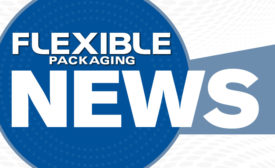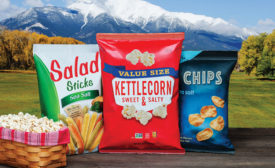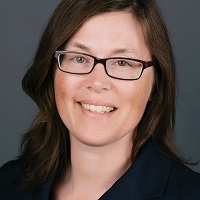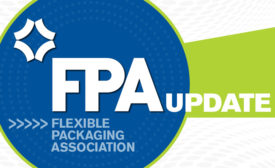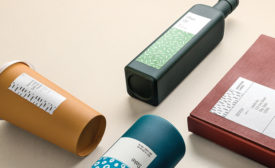Sustainable Flexible Packaging
Cover Story: Global Pouch Forum
Global Pouch Forum To Highlight Flexible Packaging Innovation and Sustainability Longest-Running Pouch Conference Moves to Chicago Area In June
Read More
Technology: BOPP Films
Film And Sealing Combo Helps Snack Packs Scale The Peaks
May 6, 2019
Industry Insights: Sustainable Inks
The Next Step in Sustainable Packaging: Natural-Based Inks
April 22, 2019
Keep the info flowing with our eNewsletters!
Get the latest industry updates tailored your way.
JOIN TODAY!Copyright ©2025. All Rights Reserved BNP Media.
Design, CMS, Hosting & Web Development :: ePublishing


